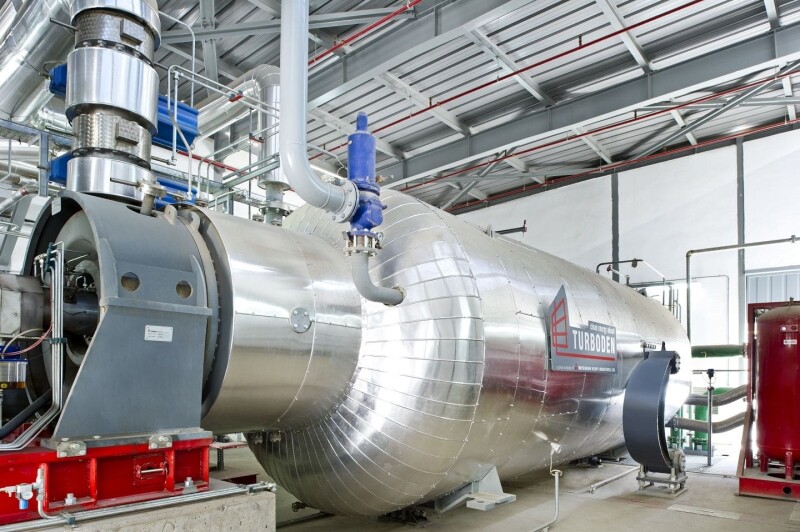Fervo Energy, a developer of enhanced geothermal systems (EGS), has selected Mitsubishi subsidiary Turboden to engineer and procure the first phase of its ambitious Cape Station project in southwest Utah.
This initial phase will involve the construction of a 90-MW power plant using three generators equipped with six of Turboden's closed-loop turbines.
Expected to achieve first power by 2026, the Cape Station project is planned to reach a total capacity of approximately 400 MW using up to 29 wells—including 21 horizontal EGS wells that rely on hydraulic fracturing to boost flow rates of hot water.
Turboden, an Italian-based developer of organic Rankine cycle (ORC) systems, is a subsidiary of Mitsubishi Heavy Industries and has installed its technology in more than 400 projects worldwide since 2011. Executives from Turboden said in a release on the new work that Fervo’s initial success with the Cape Station project and those by others in North America prompted them to establish a new office in the United States.
Turboden’s ORC system uses a turbogenerator that is similar to a conventional steam turbine that converts thermal energy into mechanical energy and finally electrical energy. The critical difference is that ORC systems do not use water and instead rely on vaporizing an organic fluid that has a high molecular mass.
Turboden uses more than 10 different types of working fluids, each tailored for specific scenarios.
The Japanese conglomerate's subsidiary emphasizes on its website that its turbines demand minimal maintenance and use automated operations that eliminate the need for qualified operators. It adds that the units are capable of a maximum individual output of 20 MW in support of a variety of energy projects that include solar, biomass, and natural gas.
Some of Turboden's oil and gas projects include a facility currently under construction in Egypt, designed to convert waste heat from a natural gas compression station into 25 MWe of power. Another project in Cold Lake, Alberta, also under construction, aims to generate up to 19 MWe from heavy oil operations.


